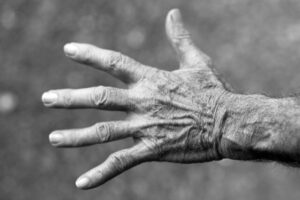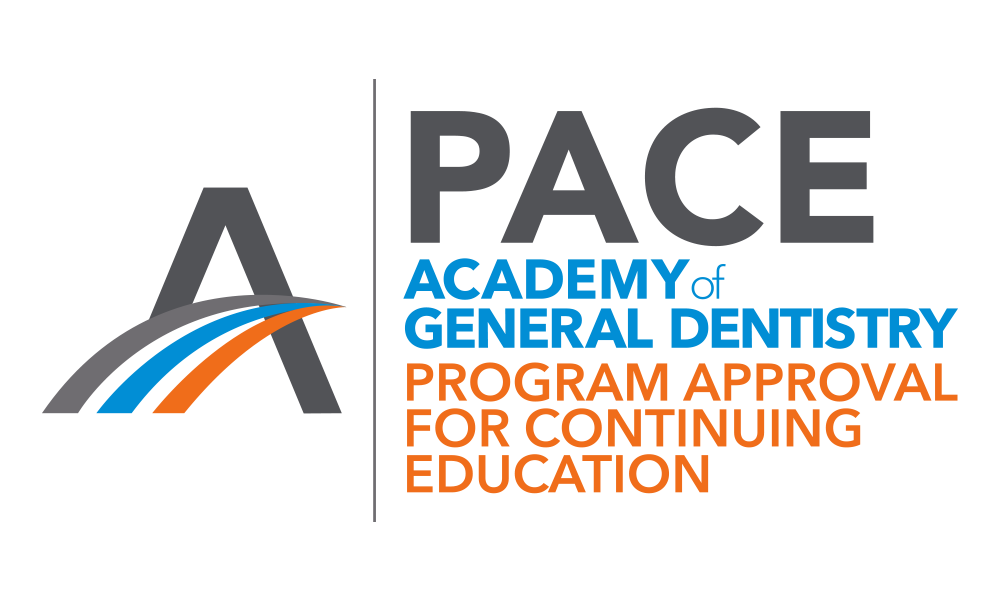Gingivitis and periodontitis: these diseases that affect the gums are both fairly common among Americans. But just because they are common does not mean that they should go untreated. If taken care of early, both can be stopped with effective care. Below, we’ll go over the signs and symptoms of each, and how you should go about beginning treatment.

Gingivitis:
The milder form of gum disease, gingivitis is characterized by red and irritated gums. While this may not seem like a serious issue, gingivitis leads to much worse problems if left untreated. It is estimated that roughly 50 percent of the U.S. population experiences some kind of gingivitis.
According to the Mayo Clinic, poor oral hygiene is the primary cause of gingivitis. Those at increased risk include minorities, substance abusers, older adults, and pregnant women, among others. The disease develops quickly as a build up of plaque causes gums to become infected.
Symptoms include tender and bleeding gums, swollen or shiny gums, mouth sores and bad breath. The best way to prevent the disease is to practice good oral hygiene. However, if treatment is required, a professional will remove all plaque and tartar in a process known as “scaling”. Your doctor will work with you to determine how many cleanings are needed, if other treatment is necessary, and how over-the-counter mouthwashes may help keep plaque levels minimized.
Periodontitis:
If left untreated, gingivitis may soon lead to a much more serious disease – Periodontitis. This nasty disease can destroy gums, mouth bones, tissue and teeth. It arises when plaque spreads below the gum line, creating toxins that cause tissues and bones to break down.
The American Academy of Periodontology characterizes several types of periodontitis, including chronic, aggressive, as a manifestation of systemic disease, and necrotizing.
Symptoms include many of the same signs as gingivitis, but more advanced. Patients with the disease can expect receding gums, new spaces between teeth, loose teeth, and pus around teeth and gums. There are both surgical and nonsurgical treatment options, all of which you can discuss with your doctor, should the need arise.
Periodontal disease in any of its forms should be of serious concern to you. If you suspect you may be suffering from the disease, it is important to schedule a visit with our office right away to get the care you need quickly.
Gingivitis and periodontitis: these diseases that affect the gums are both fairly common among Americans. But just because they are common does not mean that they should go untreated. If taken care of early, both can be stopped with effective care. Below, we’ll go over the signs and symptoms of each, and how you should go about beginning treatment.
Gingivitis:
The milder form of gum disease, gingivitis is characterized by red and irritated gums. While this may not seem like a serious issue, gingivitis leads to much worse problems if left untreated. It is estimated that roughly 50 percent of the U.S. population experiences some kind of gingivitis.
According to the Mayo Clinic, poor oral hygiene is the primary cause of gingivitis. Those at increased risk include minorities, substance abusers, older adults, and pregnant women, among others. The disease develops quickly as a build up of plaque causes gums to become infected.
Symptoms include tender and bleeding gums, swollen or shiny gums, mouth sores and bad breath. The best way to prevent the disease is to practice good oral hygiene. However, if treatment is required, a professional will remove all plaque and tartar in a process known as “scaling”. Your doctor will work with you to determine how many cleanings are needed, if other treatment is necessary, and how over-the-counter mouthwashes may help keep plaque levels minimized.
Periodontitis:
If left untreated, gingivitis may soon lead to a much more serious disease – Periodontitis. This nasty disease can destroy gums, mouth bones, tissue and teeth. It arises when plaque spreads below the gum line, creating toxins that cause tissues and bones to break down.
The American Academy of Periodontology characterizes several types of periodontitis, including chronic, aggressive, as a manifestation of systemic disease, and necrotizing.
Symptoms include many of the same signs as gingivitis, but more advanced. Patients with the disease can expect receding gums, new spaces between teeth, loose teeth, and pus around teeth and gums. There are both surgical and nonsurgical treatment options, all of which you can discuss with your Raleigh Periodontist, should the need arise.
Periodontal disease in any of its forms should be of serious concern to you. If you suspect you may be suffering from the disease, it is important to schedule a visit with Tar Heel Periodontics and Implant Dentistry right away to get the care you need quickly.
Tar Heel Periodontics and Implant Dentistry
Phone: (919) 844-7140
cash, credit card
10931 Strickland Rd.
Raleigh, NC 27615





















